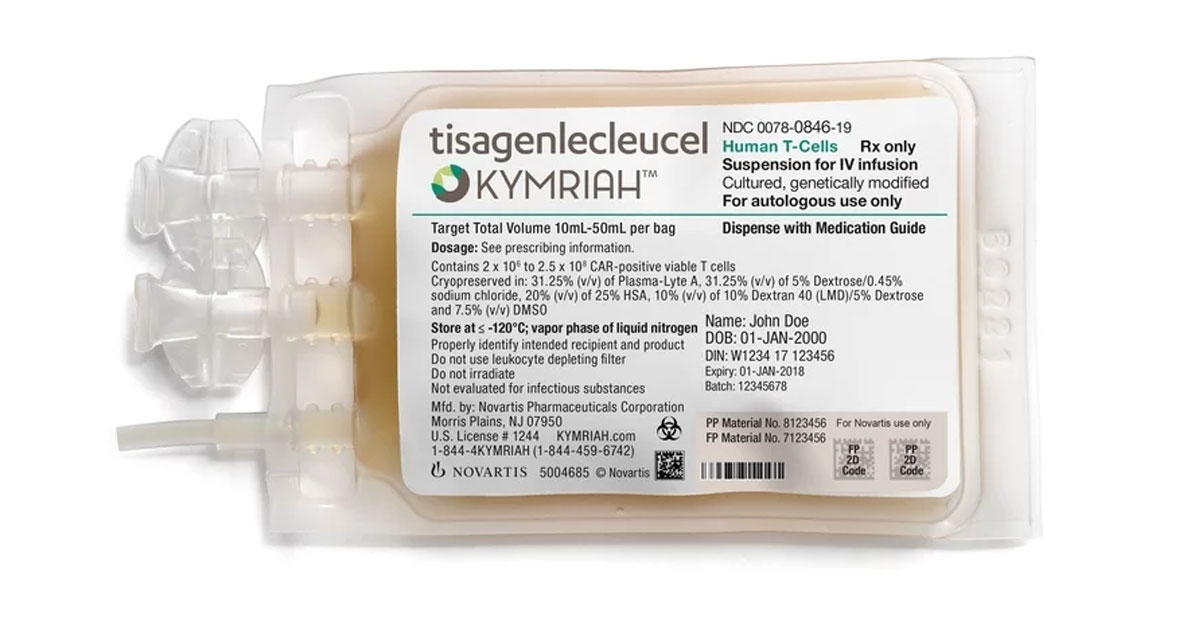This week’s Innovation Partners BioBlog focuses on moves that drug companies are making both here and abroad. Canada pushed back at President Trump’s plans to import drugs from Canada. Novartis plans to open a gene cell therapy manufacturing plant in Stein, Switzerland, to eliminate costly and time-consuming transatlantic flights of its medications from New Jersey to treat European patients. China reached an agreement with many drug makers to add 52 new drugs to its insurance plans at a hefty price cut. These and more are the top stories in this week’s BioBlog.

Trump’s drug importation plan faces resistance in US, Canada
President Donald Trump promised a plan to import drugs from Canada to lower the cost for Americans, but the project faces resistance on both sides of the border. The Canadian government has already nixed the plan while U.S. pharmaceutical companies are pushing back. Canada warned the U.S. that its country is too small to provide drugs to America, a sentiment echoed by U.S. pharmaceutical companies. The president, however, is not backing off and continues to push for the importation of Canadian drugs to lower prices for Americans.
READ MORE
Astellas inks $3B Audentes buyout to expand in gene therapy
Astellas Pharma will purchase Audentes Therapeutics for $3 billion, according to a news article. The deal enables Astellas to set up a new genetic regulation led by neuromuscular disease gene therapy that is set to be submitted for approval next year. Astellas’ acquisition of Audentes adds the fifth focus to the company’s development areas: genetic regulation. Audentes is ready to file for approval of an X-linked myotubular myopathy (XLMTM) gene therapy AT132 in the U.S. and Europe next year. The rarity of XLMTM, which affects one in 40,000 to 50,000 live male births, means the commercial prospects of AT132 questionable.
READ MORE
ACOs saved Medicare $755M from 2013 to 2017, new analysis finds
Accountable Care Organizations (ACOs) lowered Medicare spending by $755 during a four year period. From 2013 to 2017, ACOs proved their ability to reduce costs without compromising quality. The total net savings to the Medicare Shared Savings Program (MSSP), which oversees the 518 ACOs in the program, was $755 million. The gross savings from ACOs for that same period was $3.5 billion. The net amount comes after paying quality bonuses to ACOs for hitting spending targets and quality measures.
READ MORE
China gives Merck, BMS cold shoulder on reimbursement list as PD-1 battle enters new phase
AbbVie, AstraZeneca, Bayer, Gilead Sciences, Johnson & Johnson, Novartis, Roche, and Sanofi, along with several other pharmaceutical companies, reached a deal this week with China to cut their drug prices by an average of 60.7%. Fifty-two steeply discounted drugs will be added to China’s national health insurance over the next two years. Industry watchers noted that Merck & Co.’s Keytruda and Bristol-Myers Squibb’s Opdivo and local firm Junshi Biosciences’ Tuoyi (toripalimab/JS001) did not come to an agreement with China and will not cut their prices, although Merck affirmed its commitment to making Keytruda accessible to cancer patients in China.
READ MORE
Novartis’ new cell therapy facility could ease manufacturing squeeze for CAR-T med Kymriah
Novartis opened its newest gene cell therapy facility in Stein, Switzerland, last week. The new facility will make Novartis’ Kymriah more accessible to European patients. The plant expects to employ 450 people and eliminate transatlantic flights of medication from their plant in New Jersey, United States. The Stein plant will make both liquid and solid drugs. The plant expects to open in 2020 after it receives a European regulatory decision about Kymriah.
READ MORE
CMS Innovation Center is testing direct contracting model
The Center for Medicare and Medicaid Innovation will test two voluntary direct contraction options that will qualify as an advanced alternative payment model starting in the first performance year in 2021. Both are financial risk-sharing arrangements. The first option, called Professional, is lower-risk and consists of 50% shared savings/shared losses and primary care capitation equal to 7% of the total cost of care benchmark for enhanced primary care services. The Professional option is testing a more gradual onramp to fully capitated payment under the second, Global option. The Global option is full risk of 100% shared savings and shared losses in either primary care capitation or total care capitation, which encompasses all Medicare Part A and B services. CMS is considering a third, Geographic option. Geographic is full risk for the total cost of care of all Medicare fee for service beneficiaries in a defined region. Further information will be shared at a later date.
READ MORE




